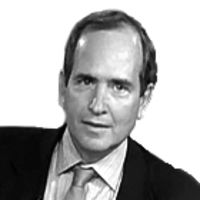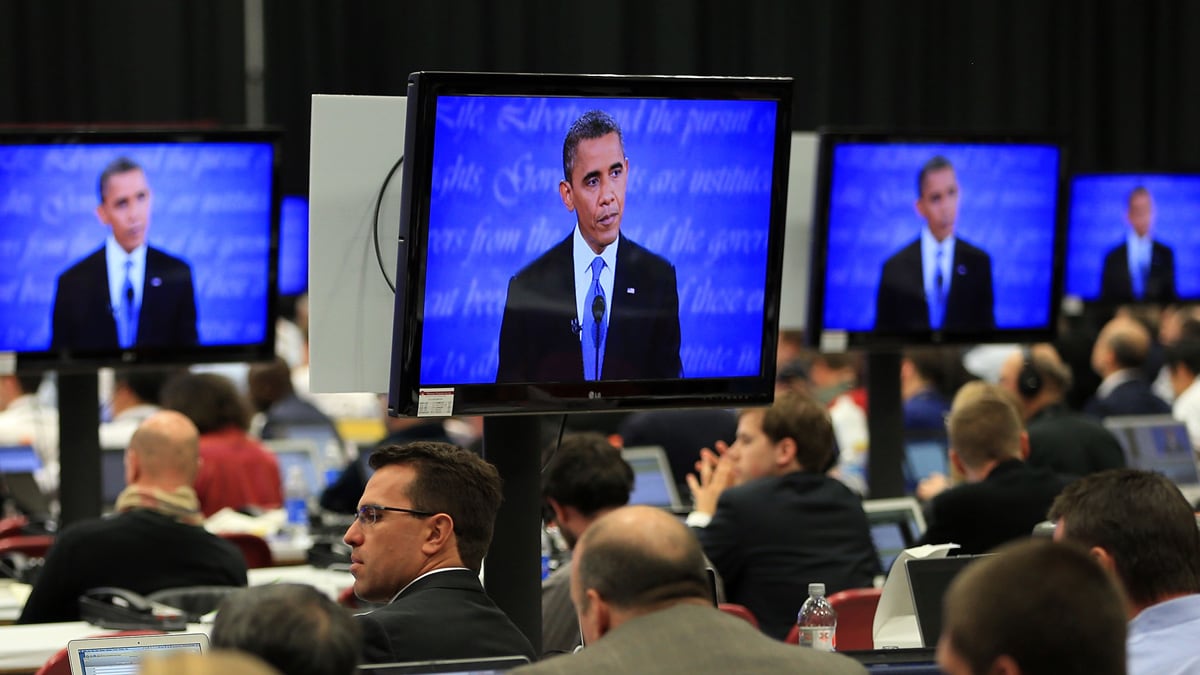Mitt Romney’s debate performance could well trigger a “restart button” for his campaign, prompting a second look at him from those who have been curious but not really committed, according to President Obama’s former chief of staff.
“People had been set in their ways, with many thinking, ‘Obama is going to win,’” said William Daley, now back in Chicago after serving in the West Wing. “If this is a restart and a second look for those who have been soft, then that puts pressure on [Vice President Joe] Biden in the next big show,” meaning the vice-presidential debate with Rep. Paul Ryan on Oct. 11.

“What seems to be a victory in optics for Romney may create an opportunity for those people to take a second look. Looking at the polling going into the debate, he needed that,” said Daley, who oversaw Vice President Al Gore’s 2000 presidential campaign against George W. Bush.
“Opinion is that he had an extremely good night, and that is a big advantage,” said Daley. “That’s big for a guy on the ropes, now perhaps back with solid legs in the ring. Whether that now turns into a fundamental beginning of a reshape of the campaign is unknown.”
At least two current Obama campaign aides were more blunt than Daley and used the term “shell-shocked” over the Obama performance. There were various analyses of what went wrong, including finger-pointing at debate preparations. Those included claims that Sen. John Kerry of Massachusetts, who played the role of Romney in mock debates, probably wasn’t tough and aggressive enough. (“He does, after all, want to be Secretary of State,” claimed one aide.)
Partly lost in the fray was Obama’s history as a good but not necessarily great debater with a style at times nonchalant and diffident. That’s what gave rise to the “No Drama Obama” moniker that gained currency during the 2008 campaign. “Sure was ‘No Drama Obama’ last night,” said a campaign aide who, like others in the Obama camp, pointed to what they deemed clearly misleading Romney comments, notably on his own tax and health-care plans.
The rather drab Obama performance might have an unintended consequence: launching a new media narrative declaring a Romney comeback, and a tightening of the race, conceded several people close to the campaign. There was, too, the concession that the president simply did a poor job in messaging the policy highlights of his administration in a telling, emotional way—exactly what former president Bill Clinton has been praised for, both in his own Democratic National Convention speech on Obama's behalf and on the campaign trail so far.
The buzz over the Denver face-off may also serve as a reminder of an errant piece of media conventional wisdom going into the 2012 campaign; namely the supposedly growing irrelevance of political debates in an era of well-scripted candidates and a fragmented universe in which people get their news and analysis. That proved most vividly mistaken with what proved to be the engaging and important, if seemingly never-ending, debates during the Republican primaries.
Now, said one Obama aide, we may have a “debate campaign,” in which the many events both candidates will take part in around the nation take a back seat to the likely hype, and perhaps large audiences, of both the Biden-Ryan debate and the final two presidential confrontations.
“If polls tighten, as they probably would do so normally,” said an Obama confidant, “then we’re frozen in Debate Land.”






